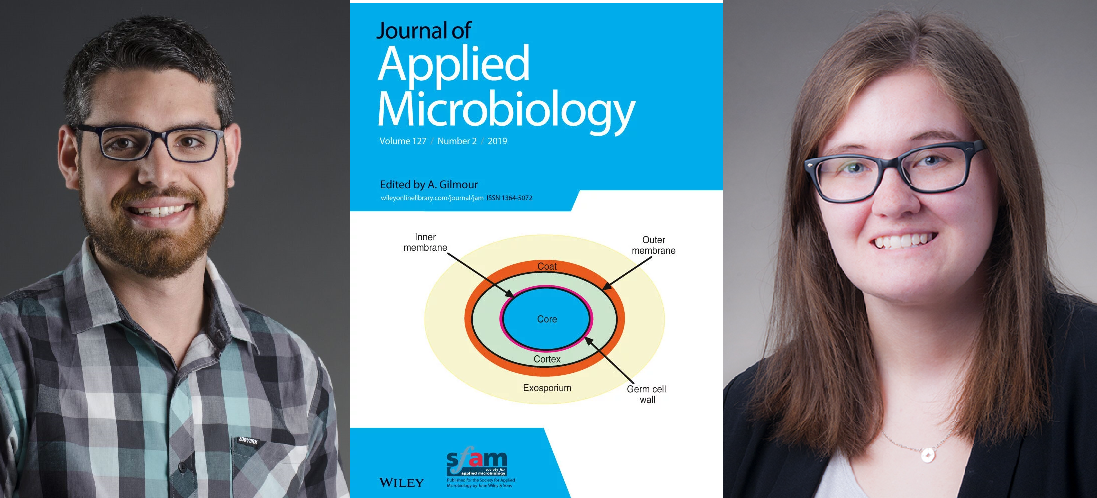Laurisa Ankley
Laurisa Ankley graduated from Eastern Washington University in 2018 with a degree in biology. She completed research with Dr. Andrea Castillo on the iron limiting effects of Manuka honey against Escherichia coli and Staphylococcus aureus and assisted with Dr. Castillo’s research on H. pylori. She presented her research at numerous national and regional conferences and has received two awards for her poster presentations. In 2018, Laurisa began attending Michigan State University to pursue a PhD in Microbiology and Molecular Genetics with full funding. She received her PhD in 2023.
McNair Research Reflection: “Thank you to the TRIO McNair program for providing me with the resources necessary to be successful in a graduate program and future careers. I have learned a wide range of skills from how to make meaningful connections during networking opportunities to creating an impactful CV. My training with McNair, the research I conducted with McNair, and the friends I have gained in the program are some of the highlights of my undergraduate career.”
2017 McNair Faculty Research Mentor: Dr. Andrea Castillo – Biology
Research Title: How Supplemental Iron Impacts the antibacterial Effect of Manuka Honey
Abstract: Pathogenic bacteria have developed resistance to every antibiotic currently available, motivating scientists and medical professionals to find effective alternative treatments. Honey has captured the attention of researchers, due to its long history of effective medical use as an antibacterial. Manuka honey in particular, has proven to have strong antibacterial properties. In addition to hydrogen peroxide, low pH and, high sugar content found in typical honeys, Manuka honey also contains methylglyoxyl from the Leptospermum scoparium flower nectar. The exact mechanism by which these Manuka honey components, and possibly others, work to kill bacteria and prevent resistance remains unknown. One hypothesis is that Manuka honey may interfere with iron acquisition. Bacteria require iron for many processes, including metabolism, gene expression, and enzyme activity; without it, they are unable to survive. Here, we test this hypothesis by determining if supplemental iron offsets the antibacterial action of Manuka honey. The minimum inhibitory concentrations for Escherichia coli and Staphylococcus aureus were 6% (n=8) and 3% (n=16) Manuka honey, respectively. When E. coli cultured with 6% Manuka honey was supplemented with ferrous sulfate (50-500µM), we observed growth that was significantly greater (p= 0.0104) than the E. coli plus 6% Manuka honey alone. However, supplementation of S. aureus plus 3% Manuka honey with iron (25-500μM) did not restore growth over the no iron control (p=0.2173). We are further exploring the relationship between Manuka honey’s antibacterial action and iron acquisition by repeating these supplementation experiments with E. coli mutants in glyoxylase (gloA) and iron uptake (fur).




